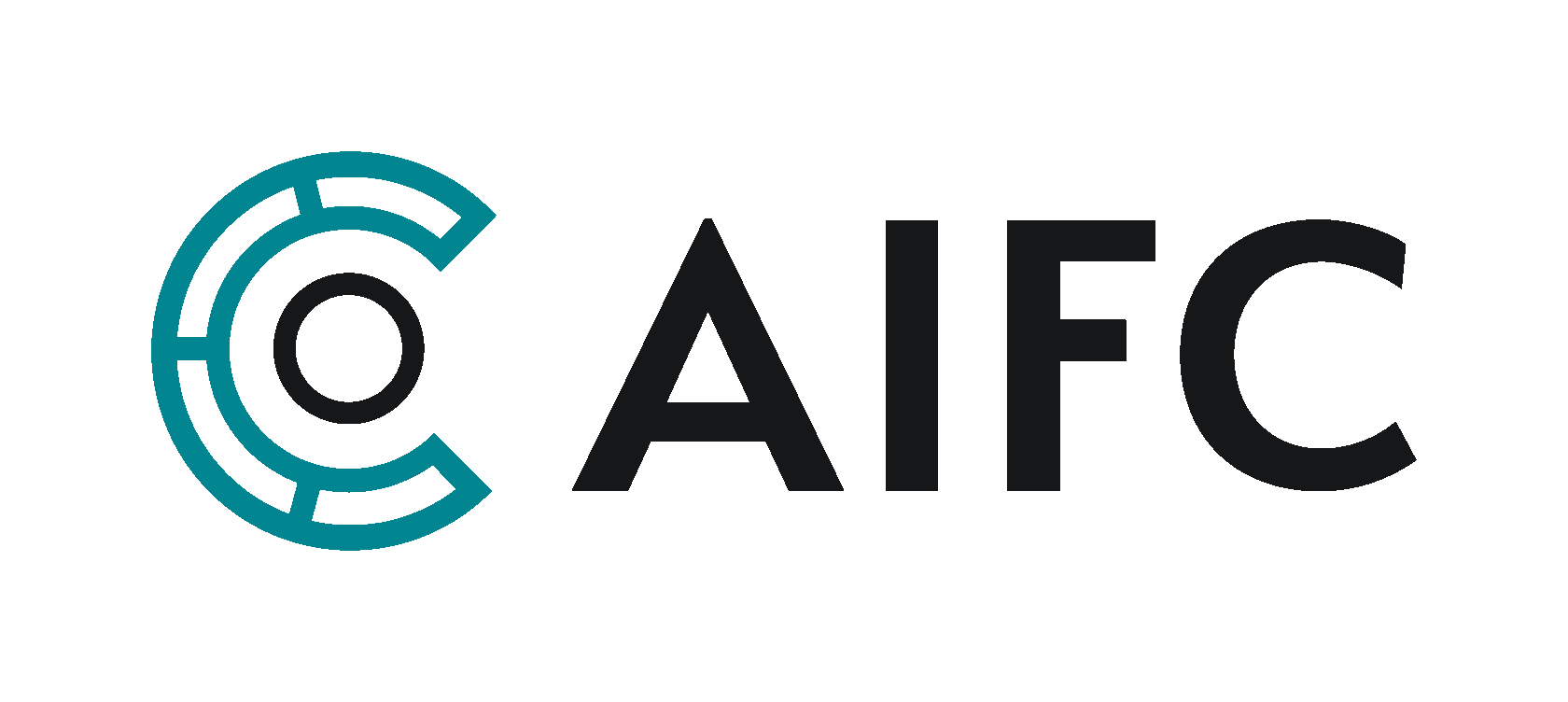The Critical Role of Hard and Soft Skills in the Financial Industry
In today’s dynamic and rapidly evolving financial sector, the combination of hard (technical) and soft skills is essential for employability and career success. While technical knowledge forms the foundation of financial expertise, soft skills such as critical thinking, communication, and adaptability increasingly determine a professional’s effectiveness and long-term growth. Research and industry data reveal that mastering these competencies is crucial not only for entering the workforce but also for thriving within it.
Raimee and Radzi (2020) emphasize that soft skills - time management, problem-solving, critical thinking, communication, and self-directed learning - are vital for accounting students seeking employment. This perspective is echoed across studies highlighting the importance of soft skills for finance professionals more broadly. Klaus (2008) notably argues that while technical proficiency is necessary, a lack of interpersonal and soft skills often leads to career stagnation or decline. Employers themselves identify gaps in these areas as key obstacles, underscoring the need for collaboration between educational institutions and industry to foster a balanced skill set in graduates (Bee Yin, 2018; John, 2009).
Data from the European Center for the Development of Vocational Training (CEDEFOP) supports this view, showing that employers highly value competencies such as communication, collaboration, creativity, and digital literacy alongside technical skills. Specifically, more than half of surveyed employers seek candidates proficient in digital tools, teamwork, and the ability to analyze data, with soft skills consistently ranking as decisive factors. This aligns with findings from the Carnegie Institute of Technology, which attribute approximately 85% of financial success to “human engineering” - soft skills - rather than technical knowledge alone (Carnegie, 1981).
The complexity of the financial industry further highlights the importance of these skills. Different sectors - such as banking, insurance, investment management, and venture capital - require specialized competencies that blend technical and interpersonal abilities. For example, teamwork and leadership are universally important but may manifest differently depending on the specialization. This diversity necessitates tailored educational and training approaches to equip future professionals with both the hard skills relevant to their chosen field and the soft skills that enable them to adapt and lead in changing environments.
Moreover, practical challenges exist in acquiring financial knowledge, especially for professionals in local government units who face barriers like time constraints and information overload. Many of these challenges stem from insufficient soft skills such as effective information management and self-directed learning, which are critical in navigating the sector’s fast-paced changes (Rodzinka & Dzyuma, 2012; Skica & Wołowiec, 2012).
In conclusion, the evolving demands of the financial industry highlight that success depends on the harmonious integration of hard and soft skills. While technical expertise remains the backbone of professional competence, it is the mastery of soft skills - communication, critical thinking, adaptability, and collaboration - that ultimately determines employability and career advancement. Therefore, fostering these skills through education and ongoing professional development is essential for preparing finance professionals capable of meeting the challenges of a complex and dynamic industry.
Raimee and Radzi (2020) emphasize that soft skills - time management, problem-solving, critical thinking, communication, and self-directed learning - are vital for accounting students seeking employment. This perspective is echoed across studies highlighting the importance of soft skills for finance professionals more broadly. Klaus (2008) notably argues that while technical proficiency is necessary, a lack of interpersonal and soft skills often leads to career stagnation or decline. Employers themselves identify gaps in these areas as key obstacles, underscoring the need for collaboration between educational institutions and industry to foster a balanced skill set in graduates (Bee Yin, 2018; John, 2009).
Data from the European Center for the Development of Vocational Training (CEDEFOP) supports this view, showing that employers highly value competencies such as communication, collaboration, creativity, and digital literacy alongside technical skills. Specifically, more than half of surveyed employers seek candidates proficient in digital tools, teamwork, and the ability to analyze data, with soft skills consistently ranking as decisive factors. This aligns with findings from the Carnegie Institute of Technology, which attribute approximately 85% of financial success to “human engineering” - soft skills - rather than technical knowledge alone (Carnegie, 1981).
The complexity of the financial industry further highlights the importance of these skills. Different sectors - such as banking, insurance, investment management, and venture capital - require specialized competencies that blend technical and interpersonal abilities. For example, teamwork and leadership are universally important but may manifest differently depending on the specialization. This diversity necessitates tailored educational and training approaches to equip future professionals with both the hard skills relevant to their chosen field and the soft skills that enable them to adapt and lead in changing environments.
Moreover, practical challenges exist in acquiring financial knowledge, especially for professionals in local government units who face barriers like time constraints and information overload. Many of these challenges stem from insufficient soft skills such as effective information management and self-directed learning, which are critical in navigating the sector’s fast-paced changes (Rodzinka & Dzyuma, 2012; Skica & Wołowiec, 2012).
In conclusion, the evolving demands of the financial industry highlight that success depends on the harmonious integration of hard and soft skills. While technical expertise remains the backbone of professional competence, it is the mastery of soft skills - communication, critical thinking, adaptability, and collaboration - that ultimately determines employability and career advancement. Therefore, fostering these skills through education and ongoing professional development is essential for preparing finance professionals capable of meeting the challenges of a complex and dynamic industry.
